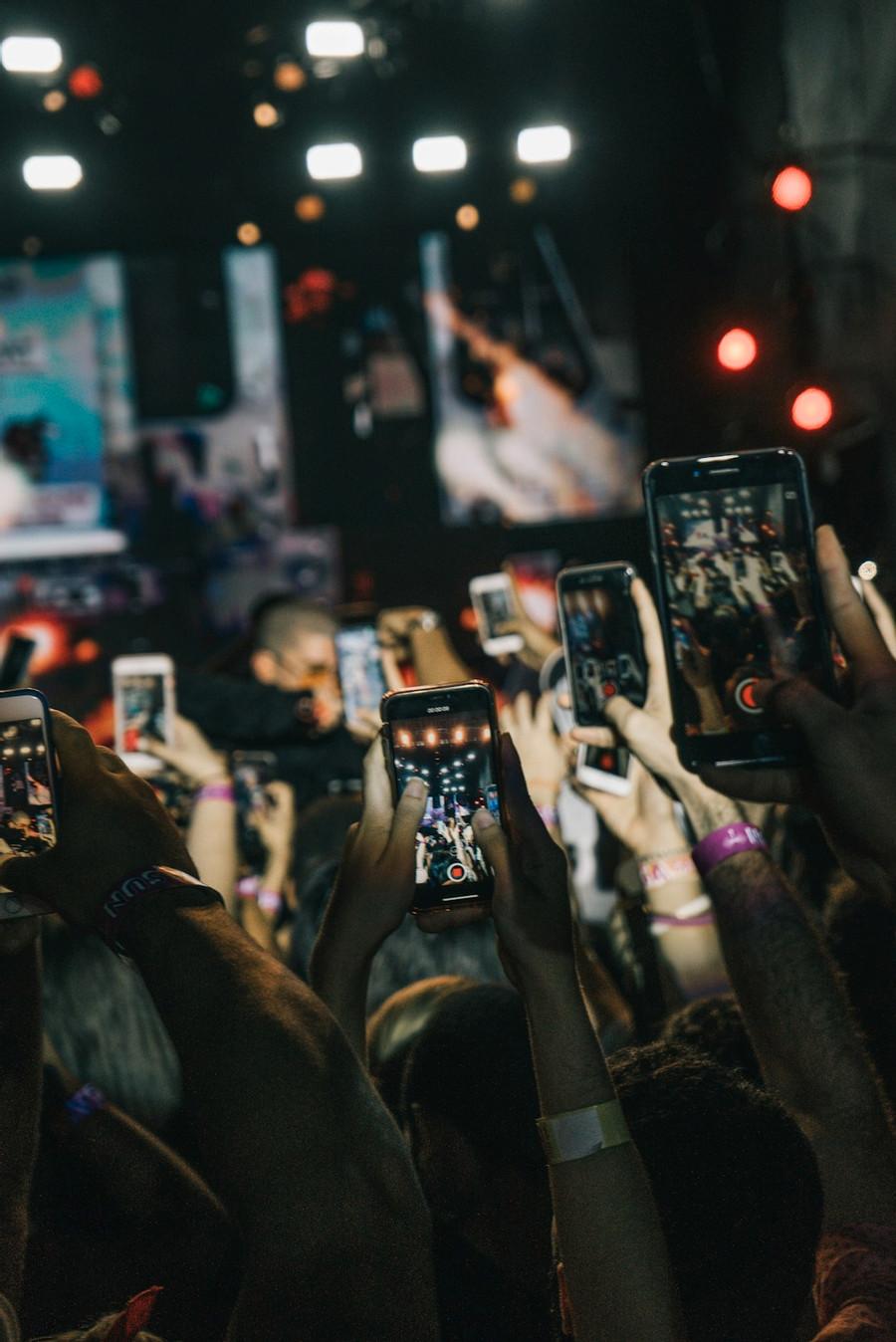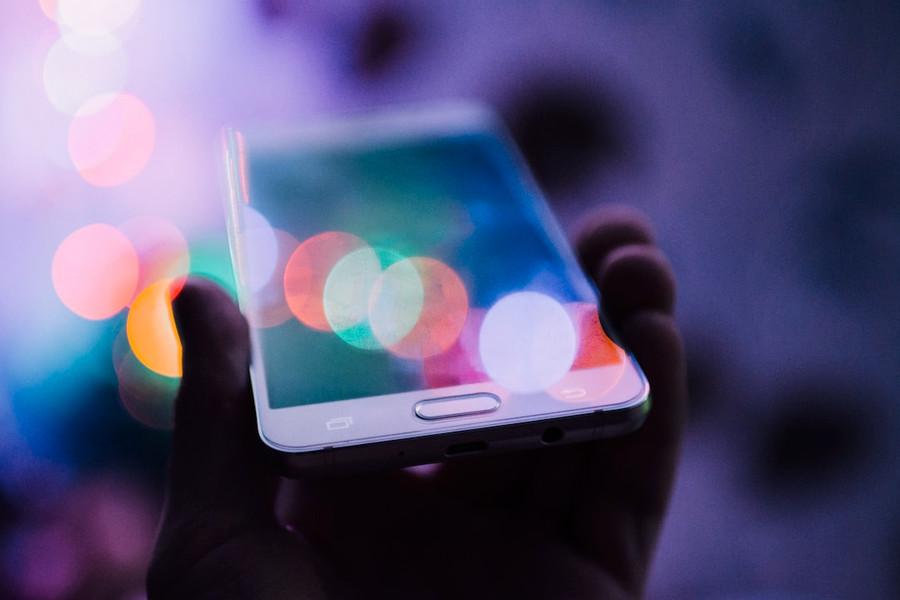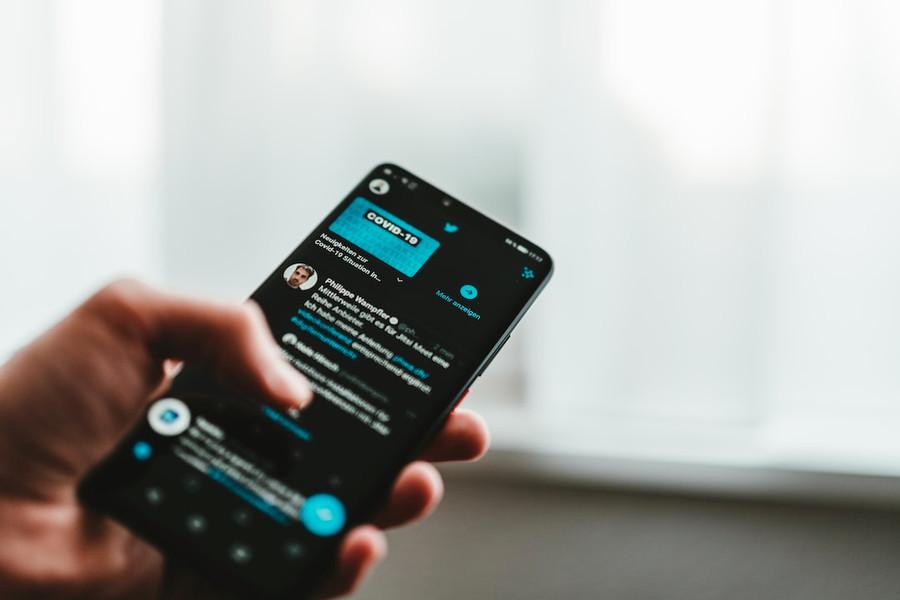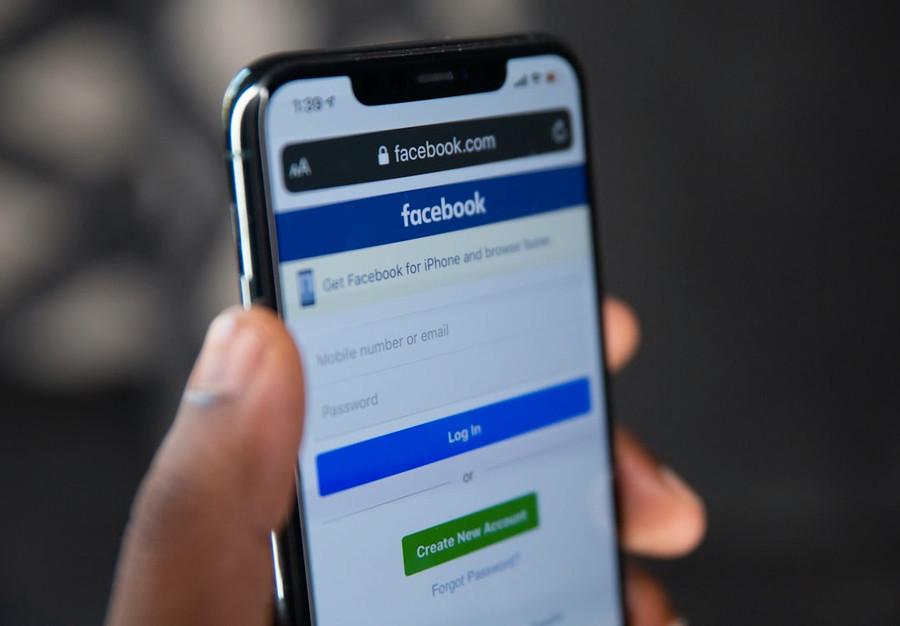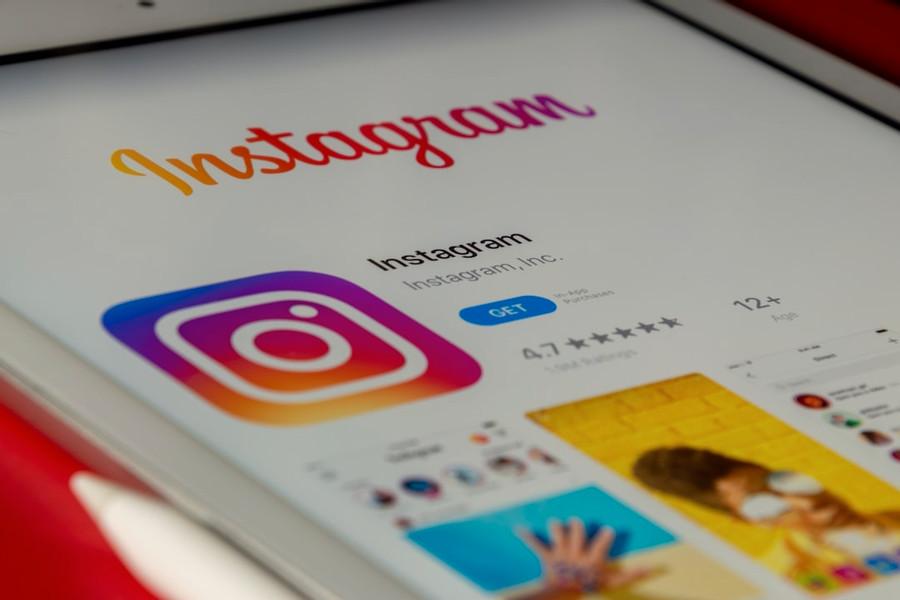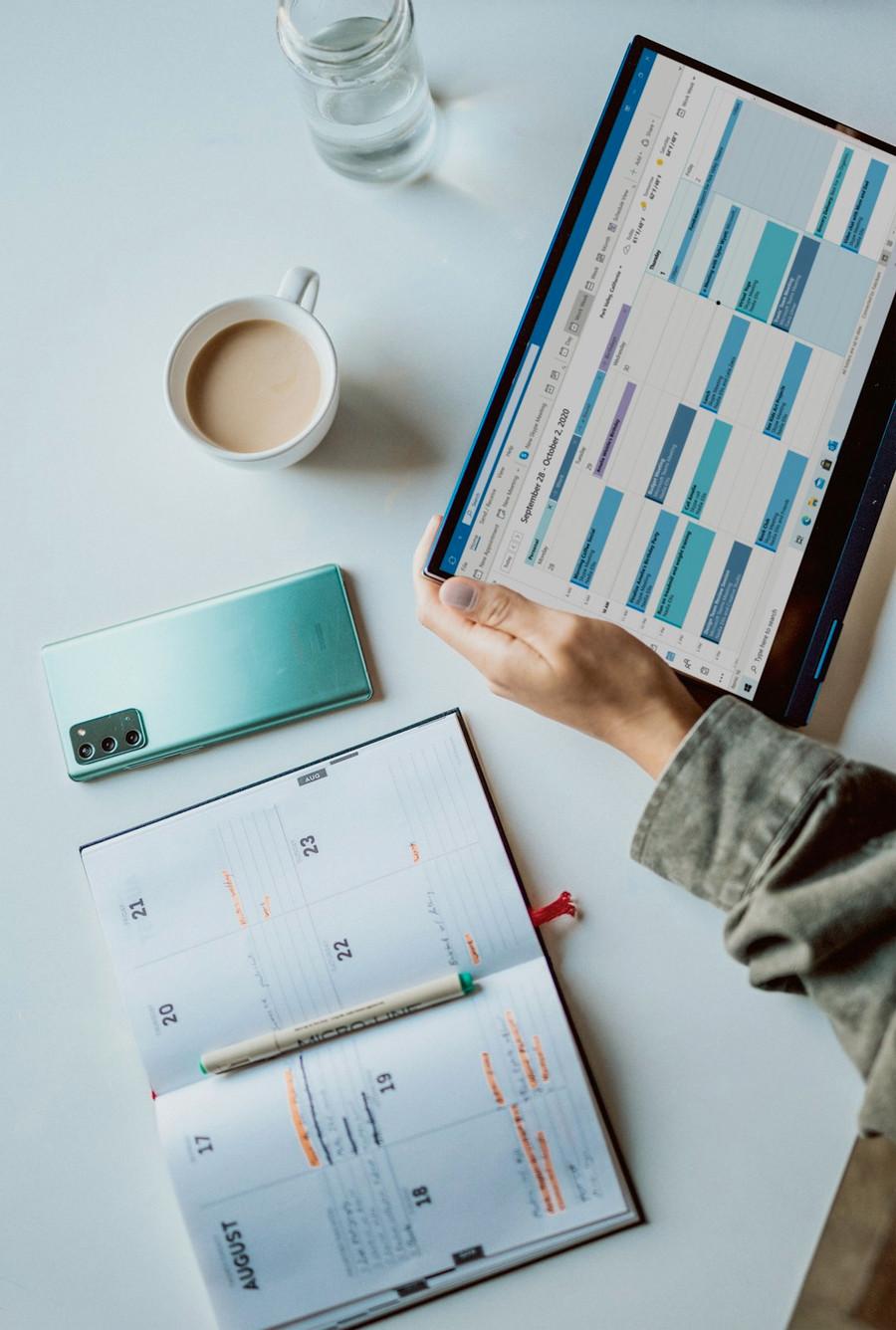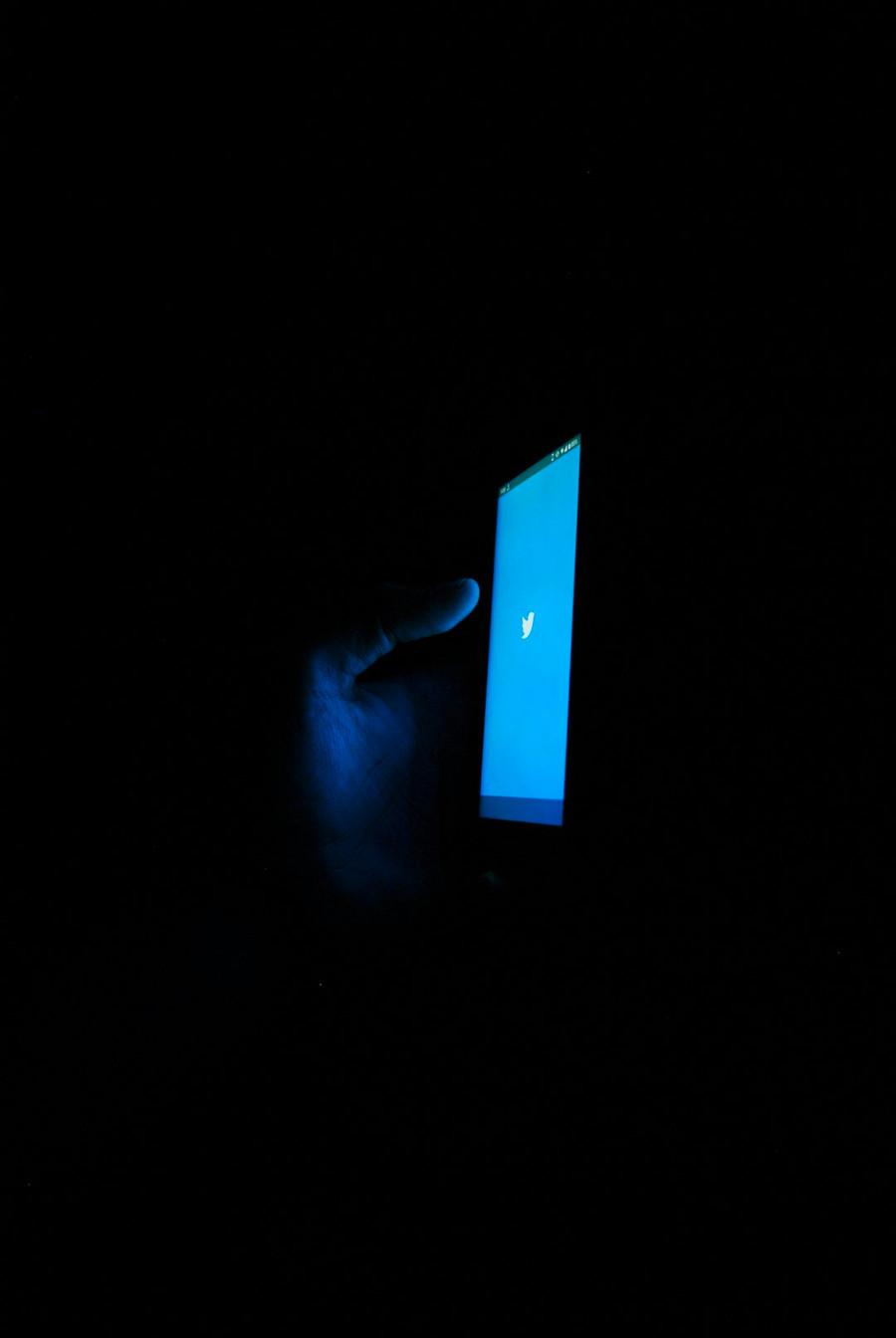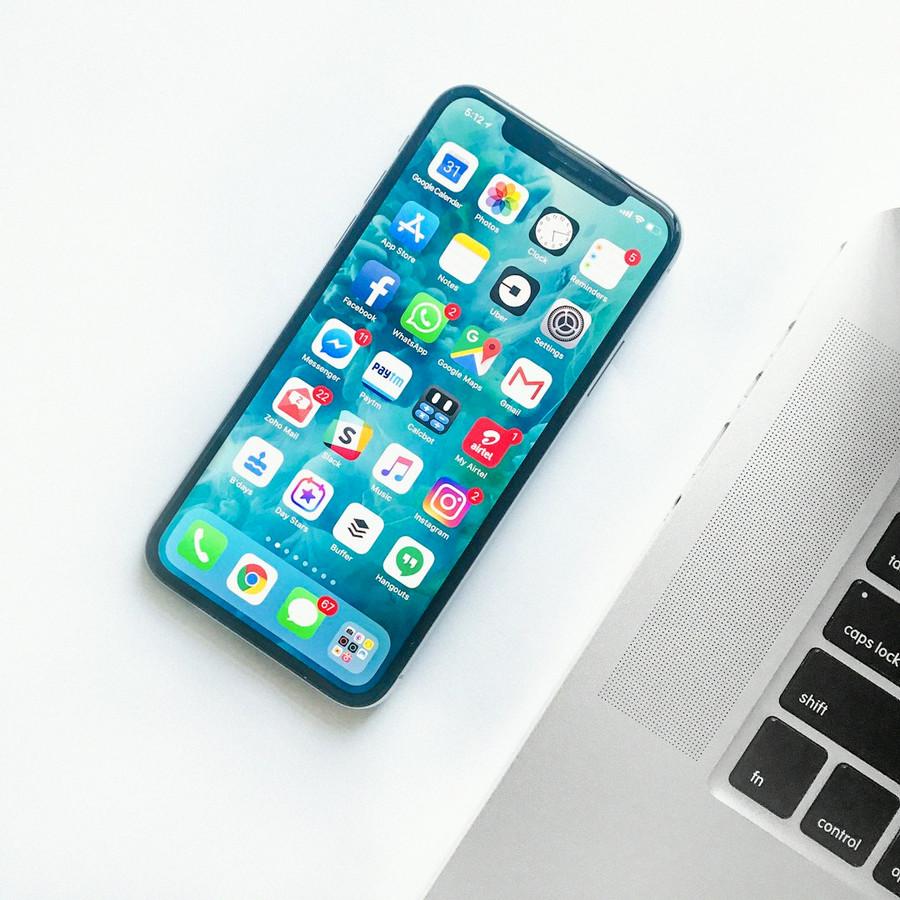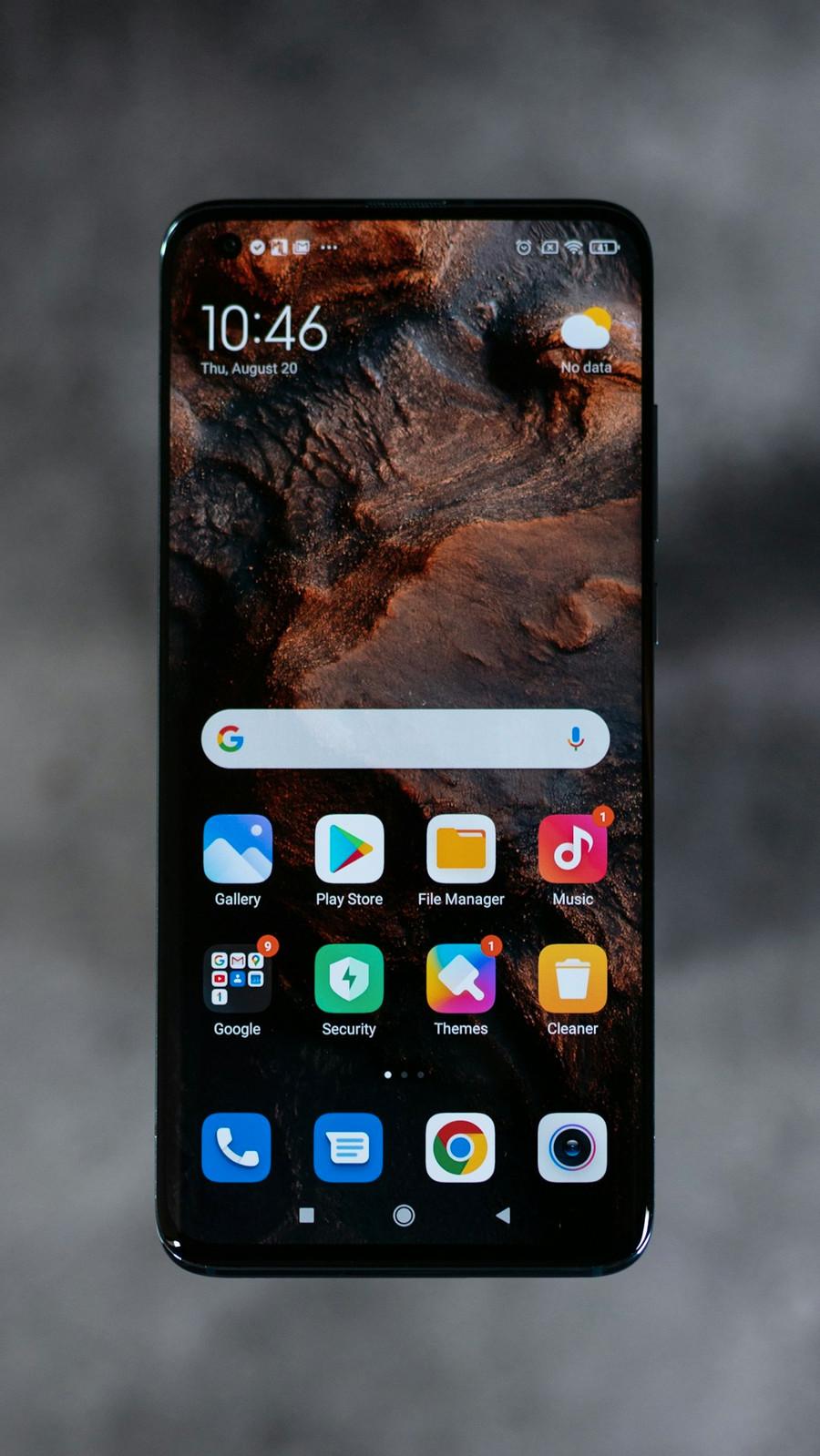Explore the World's Best Ideas
Join today and uncover 100+ curated journeys from 50+ topics. Unlock access to our mobile app with extensive features.
The Reason To Break Up
Although we’re well aware of the dangers of certain types of tech habits, what could simply checking our phones hurt?
We might not realize it, but each time we compulsively check our phones, we’re programming ourselves to develop a technology addiction, one that can start our innocent and derail your life in the long run.
- On average, Americans check their phones at least 47 times a day
- Americans spend more than 4 hours on their phones every day
- 80% of Americans check their phones within half an hour after waking up
- Half of all smartphone owners check their phone in the middle of the night.
350
3.42K reads
Your Phone Can Lead To Deep Trouble
Several studies show a relationship between heavy smartphone use and negative effects such as neuroticism, self-esteem, depression, impulsivity, self-identity, empathy, and sleep problems.
Smartphones engage in disruptive behaviors that have traditionally been performed only by extremely annoying people. What’s more, they give us access to the entire internet. And, unlike previous technologies, we keep them near us at all times.
Smartphones and other digital products not only have neurological effects but are explicitly designed to trigger them.
337
2.79K reads
Putting The Dope In Dopamine
To maximize the amount of time that we spend on our phones, designers manipulate our brain chemistry in ways that create addictive behaviors.
Many of the techniques that they use involve a chemical called dopamine. Dopamine is central to motivation, and its release is what makes us excited.
Smartphones take advantage of the fact that dopamine is also released in anticipation of a reward.
331
2.55K reads
If your brain learns that checking your phone usually results in a reward, it won’t take long before your brain releases dopamine any time it’s reminded of your phone.
CATHERINE PRICE
346
3.43K reads
The Tricks Of The Trade
To hook users on their products, social media apps rely on the power of intermittent reinforcements.
Intermittent reinforcements are variable reinforcements that are always new and surprising.
Smartphones also tap into our fear of missing out (FOMO). They make it easier to know about the things that we are missing out on. And make us convinced that the only way to keep up-to-date is by constantly checking our phones.
People want their posts to be liked by others and will go to great lengths to be popular on social media. This need is taken advantage of by Big Tech.
336
1.76K reads
Selling Our Attention
Your attention is what gets sold on Social Media. Every moment we spend on social media is attention spent making money for someone else.
The unfortunate thing about this is that attention is the most valuable thing we have. In other words, we experience that which we pay attention to.
334
1.98K reads
Once you’re aware of the motives behind social media platforms— namely, attention stealing and information gathering—you’ll begin to notice how these motives are incorporated into their designs.
CATHERINE PRICE
327
2.2K reads
The Problem With Multitasking
- Studies show that the more we use social media, the less happy we become.
- Humans are terrible at multitasking. Even those who believe that they are great at multitasking are not. Our brains can only process one cognitively demanding task at a time.
- Multitasking is not only exhausting, but it also makes us unproductive.
356
1.89K reads
Your Phone Is Changing Your Brain
- Your brain is constantly changing, and your smartphone is accelerating the change. Through thought and practice, we can change the structure and function of our brains.
- When we are using our phones, we are in a state of focused distraction. A state that is particularly good at creating long-lasting changes in our brain.
- Smartphones also limit our ability to focus and to work on demanding tasks while limiting our working memory.
346
1.62K reads
The Sleep Disruption Problem
You’ve probably heard this one before — about how the blue light given off by your phone can wreak havoc on your sleep patterns. Your brain needs to identify the absence of blue light in order to produce the sleep hormone melatonin? And because melatonin is what regulates your sleep cycle and tells your body to start winding down for the night, your entire sleep cycle can be disrupted by that last drowsy text you send from bed.
328
1.32K reads
How To Take Back Your Life
The damage that smartphones do to our brains is reversible. You can improve your concentration, rebuild your attention span and improve your memories.
The first step to taking back your life is to practice mindfulness. Practice paying attention to how your cravings feel emotionally and physically and relaxing into them.
360
1.7K reads
The more you practice being mindful, the more it becomes obvious that your brain has a mind of its own
CATHERINE PRICE
332
2.16K reads
Paying deliberate attention to your moment-to-moment experience also gives you more fodder for memories that don’t involve your phone.
CATHERINE PRICE
324
2.18K reads
Week 1 Of The Break Up: Technology Triage
This action plan should be spread out over the course of 30 days, divided in four weeks:
- Day 1: Download a tracking app: A tracking app will tell you how many hours you spend on your phone
- Day 2: Assess your current relationship with your phone.
- Day 3: Start paying attention to how and when you use your phone.
- Day 4: Take stock and take action: Look at the results of your tracking app.
- Day 5: Delete social media apps.
- Day 6: Come back to real life: Now that you have free time on your hands, find something that you always wanted to do and do it
- Day 7: Start doing physical activities.
452
1.54K reads
Week 2: Changing Your Habits
- Day 8: Say no to notifications: Turn all notifications on your phone off except call and messaging.
- Day 9: The life-changing magic of tidying app: Tidy your apps based on two criteria: steal your time and improve your daily life.
- Day 10: Change where you charge. If you charge your phone in the bedroom, change the location.
- Day 11: Set yourself up for success: Create routines that make it easier for you to succeed in your endeavor.
- Day 12: Download an app blocker.
- Day 13: Set boundaries: Set no-phone zones
- Day 14: Stop interacting with your phone if you are actively interacting with other people
440
1.46K reads
Week 3: Reclaiming Your Brain
- Day 15: Stop, breathe and be: When tempted to reach for your phone, stop what you are doing, take a slow breath, and feel what you are experiencing.
- Day 16: Practice pausing: Practice pausing before you reach out for your phone.
- Day 17: Exercise your attention span. Try to actively focus on something and see how long you can hold.
- Day 18: Meditate: Choose something like your breathing to focus on.
- Day 19: Prepare to separate yourself from your phone for 24 hours.
- Day 20 -21: Separate yourself from your phone for 24 hours.
429
1.12K reads
Week 4: Your New Relationship
- Day 22: Trial separation recap: Reflect on your trial separation and see what you’ve learned.
- Day 23: Phast: Practice turning your phone off occasionally.
- Day 24: Manage your invitations. Stop, and meditate when you feel the urge to reach out to your phone
- Day 25: Clean up the rest of your digital life.
- Day 26: Start being aware of why you are checking your phone.
- Day 27: Experiment with breaks from your phone often.
- Day 28: Create a plan to help you maintain a healthy relationship with your phone.
- Day 29: Schedule a regular check-in on yourself.
- Day 30: You made it!
416
1K reads
IDEAS CURATED BY
Linda Thompson's ideas are part of this journey:
Learn more about psychology with this collection
The value of hard work and persistence
How to stay focused on long-term goals
How to learn from failures and setbacks
Related collections
Different Perspectives Curated by Others from How to Break Up with Your Phone
Curious about different takes? Check out our book page to explore multiple unique summaries written by Deepstash curators:
15 ideas
5 ideas
PURANA PEN 's Key Ideas from How to Break Up with Your Phone
Catherine Price
Discover Key Ideas from Books on Similar Topics
5 ideas
The Lean Product Playbook
Dan Olsen
6 ideas
168 Hours
Laura Vanderkam
21 ideas
In Praise of Slowness
Carl Honore
Read & Learn
20x Faster
without
deepstash
with
deepstash
with
deepstash
Personalized microlearning
—
100+ Learning Journeys
—
Access to 200,000+ ideas
—
Access to the mobile app
—
Unlimited idea saving
—
—
Unlimited history
—
—
Unlimited listening to ideas
—
—
Downloading & offline access
—
—
Supercharge your mind with one idea per day
Enter your email and spend 1 minute every day to learn something new.
I agree to receive email updates
